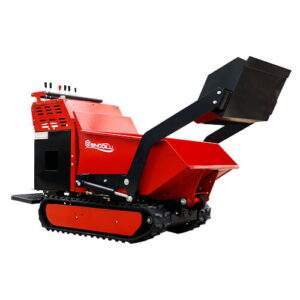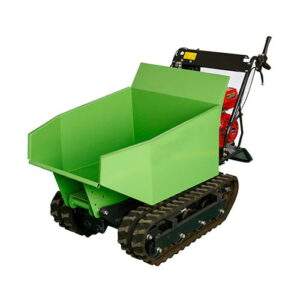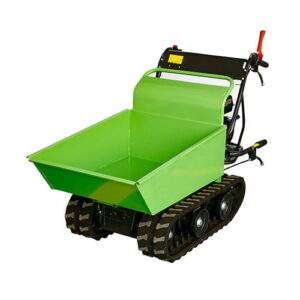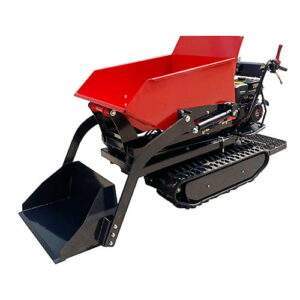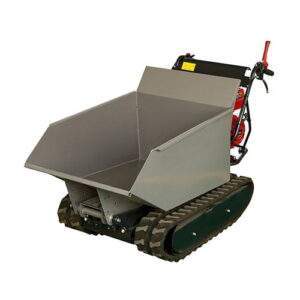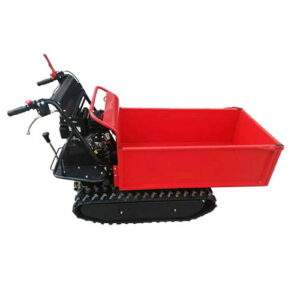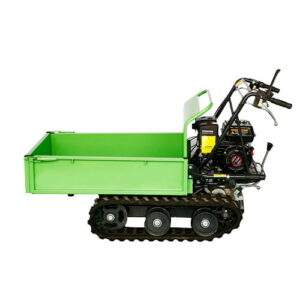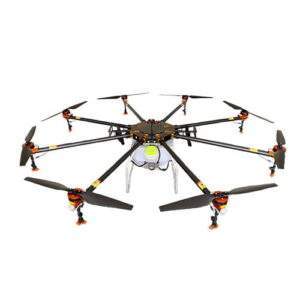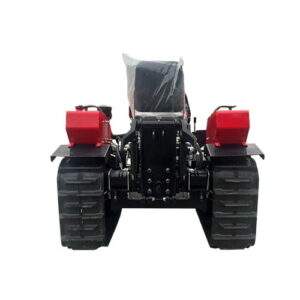How to Choose the Right Dumper Truck for Your Project
Introduction
Choosing the right dumper truck for your project is a crucial decision that can significantly impact the efficiency, safety, and cost-effectiveness of your operations. Whether you are working in construction, mining, or waste management, selecting the appropriate dumper truck ensures that materials are transported smoothly and safely. This comprehensive guide will help you understand the different types of dumper trucks, their features, and the factors to consider when making your choice. By the end of this article, you will be well-equipped to choose the right dumper truck for your specific needs.
Understanding Dumper Trucks
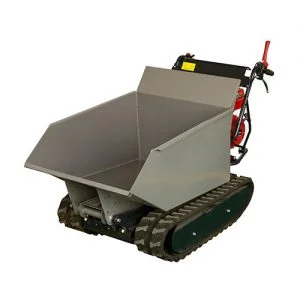
What is a Dumper?
A dumper truck, also known as a dump or tipper truck, is a vehicle designed for transporting loose materials such as sand, gravel, or demolition waste. The defining feature of a dumper truck is its ability to “dump” the contents at the delivery site by lifting the bed of the truck, allowing the materials to be deposited without manual handling.
Types of Dumper Trucks
There are several types of dumper trucks, each suited to different applications and environments. Understanding these types will help you choose the right one for your project.
Standard Dumpers
Standard dumpers have a fixed chassis and a hydraulically operated open-box bed. They are widely used in construction and can handle a variety of materials.
Articulated Dumpers
Articulated dumpers have a pivot joint between the cab and the dump box, providing better maneuverability on rough terrain. They are ideal for mining and off-road construction sites.
Transfer Dumpers
Transfer dumpers consist of a standard dumper truck pulling a separate trailer. This configuration increases the load capacity and is useful for long-distance hauling.
Side Dump Trucks
Side dumps have hydraulic rams that tilt the bed to the side, allowing materials to be unloaded quickly and safely. They are useful in construction sites where space is limited.
Off-Highway Dump Trucks
Off-highway dumps are designed for heavy-duty tasks and are commonly used in mining and large-scale earthmoving projects. They have large payload capacities and are built to withstand harsh conditions.
Key Features to Consider
Payload Capacity
The payload capacity of a dumper determines how much material it can carry in a single trip. Selecting a truck with the appropriate payload capacity for your project will help optimize efficiency and reduce operational costs.
Maneuverability
Maneuverability is crucial, especially if your project involves navigating through tight spaces or rough terrain. Articulated dumpers offer superior maneuverability compared to standard dumper trucks.
Dumping Mechanism
The dumping mechanism of a dumper can affect how quickly and safely materials are unloaded. Side dump trucks and rear dump trucks each have their advantages, depending on the project requirements.
Engine Power and Fuel Efficiency
A powerful engine ensures that the dumper can handle heavy loads and operate efficiently. Fuel efficiency is also an important consideration to keep operational costs low.
Safety Features
Modern dumpers come equipped with various safety features, such as backup cameras, proximity sensors, and stability control systems. These features help prevent accidents and enhance the safety of the operators and other workers on the site.
Comparing Different Dumper Trucks
To help you make an informed decision, here is a comparison table of key features and applications for different types of dumpers:
| Dumper Truck Type | Payload Capacity | Maneuverability | Typical Applications | Key Features |
|---|---|---|---|---|
| Standard Dumper Trucks | Medium | Moderate | Construction | Fixed chassis, rear dumping |
| Articulated Dumper Trucks | High | High | Mining, off-road construction | Pivot joint, rear dumping |
| Transfer Dumper Trucks | Very High | Low | Long-distance hauling | Separate trailer, increased load capacity |
| Side Dump Trucks | Medium to High | Moderate | Construction, limited space | Side dumping, quick unloading |
| Off-Highway Dump Trucks | Very High | Low | Mining, large-scale earthmoving | Large payload, built for harsh conditions |
Factors to Consider When Choosing a Dumper

Project Requirements
Understanding the specific requirements of your project is the first step in choosing the right dumper. Consider factors such as the type of materials to be transported, the distance to be covered, and the nature of the terrain.
Budget Constraints
Your budget will play a significant role in determining which dumper you can afford. While it’s important to stay within budget, ensure that you do not compromise on essential features and capabilities.
Manufacturer and Dealer Support
Choosing a reliable manufacturer and dealer is crucial for ensuring that you receive quality equipment and support. Look for manufacturers with a good reputation and dealers that offer excellent after-sales service.
Maintenance and Operating Costs
Consider the maintenance and operating costs associated with the dumper. Opt for models that are known for their durability and low maintenance requirements to keep long-term costs manageable.
Environmental Impact
If your project prioritizes sustainability, consider the environmental impact of the dumper. Look for models with lower emissions and better fuel efficiency to minimize your environmental footprint.
Conclusion
Choosing the right dumper truck for your project involves careful consideration of various factors, including payload capacity, maneuverability, dumping mechanism, engine power, and safety features. By understanding the different types of dumper trucks and their specific applications, you can make an informed decision that enhances the efficiency and safety of your operations. Remember to consider your project requirements, budget constraints, manufacturer support, and environmental impact when making your choice.
FAQ
What is a dumper?
A dumper truck, also known as a dump or tipper truck, is a vehicle designed for transporting loose materials such as sand, gravel, or demolition waste. It features a hydraulically operated open-box bed that can be tilted to dump the contents at the delivery site.
What are the different types of dumper trucks?
The main types of dumper trucks include standard dumper trucks, articulated dumper trucks, transfer dumper trucks, side dump trucks, and off-highway dump trucks. Each type is designed for specific applications and environments.
How do I choose the right dumper for my project?
To choose the right dumper for your project, consider factors such as payload capacity, maneuverability, dumping mechanism, engine power, safety features, project requirements, budget constraints, manufacturer support, and environmental impact.
What is the difference between a standard dumper truck and an articulated dumper truck?
A standard dumper has a fixed chassis and is suitable for general construction tasks. An articulated dumper truck has a pivot joint between the cab and the dump box, providing better maneuverability on rough terrain, making it ideal for mining and off-road construction sites.
How can I ensure the safety of dumper operations?
To ensure the safety of dumper operations, choose trucks equipped with modern safety features such as backup cameras, proximity sensors, and stability control systems. Additionally, provide proper training for operators and enforce safety protocols on the job site.

